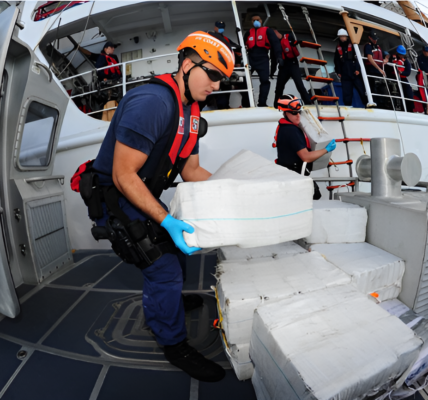
It began on a quiet Friday morning. I awoke to my younger brother’s frantic screams: “Fire! It’s insane! Fire!”
I rushed out of bed, groggy from a large meal the night before. It was noon in Gaza, and I had fallen asleep exhausted, unaware of what was unfolding around me. For a brief moment, I thought something had caught fire inside our home. “What’s happening?” I shouted back.
“Fire! War!” he replied, his voice trembling.
I quickly drank some water and rushed to our balcony. The phone was dead, and there was no electricity in the house—typical of our life in the besieged Gaza Strip. The balcony had become my news station, my only window to the outside world.
Sure enough, the streets were filled with families—mostly women and children—hastily walking from east to west, carrying bags. They were fleeing again. This wasn’t a drill.
At 7 p.m., I finally managed to charge my phone. The news was devastating. I saw a photo of a father holding his lifeless daughter, Alaa Qaddoum, his grief captured in a single heartbreaking image. Other photos showed a house reduced to rubble by an airstrike. The flashbacks to past wars hit hard, but I fought to keep it together.
War has a rhythm, even in chaos. We have our own rituals. My mother walks from room to room, frantically deciding where to place my sisters for safety. But where, Mom? My father, usually calm, is consumed with worry about his salary — how will we survive if it’s not deposited?
At 8:30 p.m., the wailing of ambulance sirens pierces the night. The sound is relentless, like war drums in the streets. Cars pass by, mattresses and pillows tied to their roofs. Hundreds of people walk, desperate for refuge. And I stand on the balcony, scanning their backpacks.
In Gaza, the backpack has become a symbol of survival. It holds the essentials: a passport, personal documents, medical insurance, and sometimes even a university degree. It’s the foundation of your new identity after war strips everything away. The backpack carries you when everything else is lost.
As I watch the crowd move slowly through the streets, my brother shouts from below: “Come quick! They’re going to bomb Abu Muhammed’s bakery!”
I rush to the bakery, where dozens of people are frantically grabbing bags of bread. It’s not an airstrike, I realize. The fear is that the bread will run out, so people are taking whatever they can, hoping to feed their families.
Amidst the chaos, my younger sister touches my shoulder, oblivious to the devastation around us. “Take a photo of me,” she asks, wearing her new shirt.
“Do you really think this is the time for pictures?!” I snap back, anger boiling in me. But then a horrifying thought crosses my mind: What if something happens to her in this madness? I relent, quickly snapping two photos of her. In times of war, humans must find ways to show kindness, even in small moments.
It’s now 11 p.m., and sleep is elusive. The sweltering heat makes it impossible to rest, and without electricity, there’s no fan or air conditioning. Israel has blocked the import of gas since Monday, and our power station is no longer functional. Sweat drips down my face as I toss and turn. Then, just as I think I can’t take it any longer, the power returns.
I rush to turn on the fan, feeling the cool air wash over me. As I close my eyes, the constant buzzing of Israeli drones fills the night, the noise growing louder and more persistent. Dozens of drones hover above, waiting to strike. The hum of the fan drowns out the relentless drone noise, offering a fleeting sense of relief as I finally drift to sleep.
In Gaza, peace is a luxury we can’t afford. War is always just a breath away.



